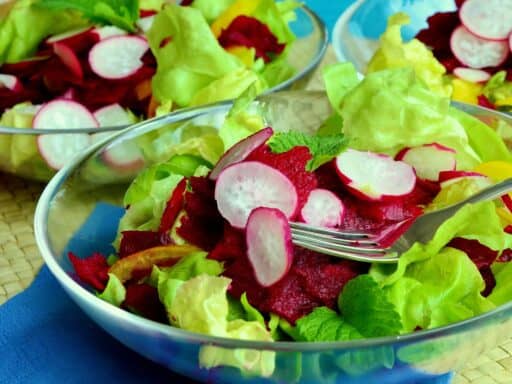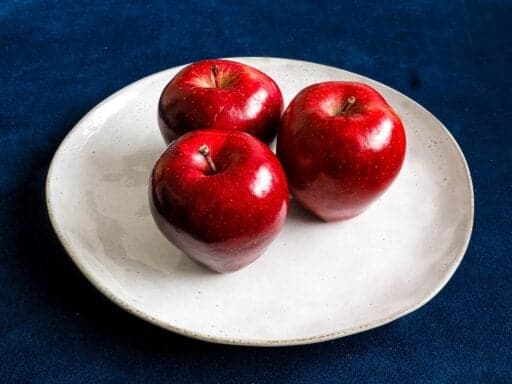Table of Contents Show
1Ever felt that burning in your chest after a meal? You’re not alone. Over 60 million Americans reportedly experience acid reflux on a regular basis, leading to numerous hospital visits. It is a common struggle for many of us and can be triggered by as simple as a spicy dinner, a cup of coffee, or even lying down too soon after eating. I know firsthand how frustrating it is to enjoy your favorite foods—only to pay for it later with heartburn.
But here’s the good news: relief might be as simple as a warm cup of tea. In this post, I’ll walk you through the best herbal teas for acid reflux and some gentle natural remedies to keep you feeling your best.
What is Acid Reflux and Its Triggers?
Acid reflux happens when stomach acid flows back into the esophagus, causing that burning sensation known as heartburn. Common triggers are:
- Citrus fruits and juices (thanks to citric acid)
- Coffee and caffeinated drinks (which relax the esophageal sphincter)
- Big or heavy meals
- Lying down right after eating
- Some supplements and medications
Managing reflux is more than just popping antacids. It’s about understanding these triggers and making small changes to your daily habits.
Herbal Teas That Soothe and Heal
Certain herbal teas have been used for centuries to calm digestive issues, and they’re still some of the best natural remedies for acid reflux today. Here are a few of my favorites:
1. Ginger Tea
Ginger is a natural anti-inflammatory that can help soothe the digestive tract and reduce stomach acid production.2 Sipping on warm ginger tea after meals can aid digestion and ease discomfort.
2. Chamomile Tea
Chamomile is known for its calming properties, but it’s also a gentle remedy for acid reflux.3 It helps reduce inflammation in the esophagus and promotes relaxation, which can prevent reflux episodes linked to stress.
3. Licorice Root Tea (DGL)
Deglycyrrhizinated licorice (DGL) helps form a protective coating in the esophagus, shielding it from stomach acid.4 It’s a soothing option for those dealing with chronic heartburn.
4. Marshmallow Root Tea
Marshmallow root is another mucilage-rich herb that soothes irritated tissues.5 Its slippery texture forms a barrier in the throat and esophagus, providing relief from that burning sensation.
5. Slippery Elm Tea
Similar to marshmallow root, slippery elm coats and soothes the digestive tract, providing gentle and effective relief from reflux symptoms.
Why Herbal Teas Work for Acid Reflux
Herbal teas are more than just comforting. They support digestion, reduce inflammation, and regulate stomach acid levels. Drinking these teas regularly can also support gut health, which plays a big role in preventing reflux.
Plus, sipping a warm, non-caffeinated tea can be a relaxing ritual that helps reduce stress-induced reflux. For me, a cup of chamomile tea before bed is a simple way to unwind and keep nighttime heartburn at bay.
Bonus Tip: Try Plant-Based Milk Alternatives
Did you know dairy can be a reflux trigger for some people? If that’s the case for you, switching to plant-based milk alternatives like almond milk or oat milk might help.6 These options are gentler on the stomach and can even help neutralize acidity.
Just be mindful of additives and opt for unsweetened, clean-label varieties for best results.
Lifestyle Tips for Long-Term Relief
While herbal teas are great for managing symptoms, lasting relief often requires a few lifestyle tweaks:
- Eat smaller, more frequent meals.
- Avoid lying down immediately after eating.
- Cut back on acidic and spicy foods.
- Manage stress with mindfulness, yoga, or deep breathing.
And of course, always check in with a healthcare professional for personalized advice. @nutritionistaditiprabhu has some simple tips for you.
The Final Sips
If you’re tired of reaching for antacids and want a more natural approach to managing acid reflux, herbal teas could be your new best friend. Whether it’s ginger, chamomile, or marshmallow root, these soothing brews can bring comfort, support digestion, and help you enjoy your meals without heartburn.
So next time reflux strikes, skip the chalky tablets and reach for a warm, healing cup of tea instead.
References
- M. MacGill, (2017). Acid reflux: Causes, treatment, and symptoms [Online]. Available at: https://www.medicalnewstoday.com/articles/146619 (Accessed: 3 June 2025). ↩︎
- Effect of Ginger on Inflammatory Diseases [Online]. PMC . Available at: https://pmc.ncbi.nlm.nih.gov/articles/PMC9654013/ (Accessed: 3 June 2025). ↩︎
- Z. Sherrell, (2023). Chamomile tea for acid reflux: Benefits, how to use, risks, and more [Online]. Available at: https://www.medicalnewstoday.com/articles/chamomile-tea-for-acid-reflux (Accessed: 3 June 2025). ↩︎
- N. Silver, (2016). Can You Use Deglycyrrhizinated Licorice (DGL) to Treat Acid Reflux? [Online]. Available at: https://www.healthline.com/health/digestive-health/dgl-for-acid-reflux (Accessed: 3 June 2025). ↩︎
- ScienceDirect [Online]. Available at: https://www.sciencedirect.com/science/article/abs/pii/S0141813024050797 (Accessed: 3 June 2025). ↩︎
- ScienceDirect [Online]. Available at: https://www.sciencedirect.com/science/article/pii/S1756464620301997 (Accessed: 3 June 2025). ↩︎







